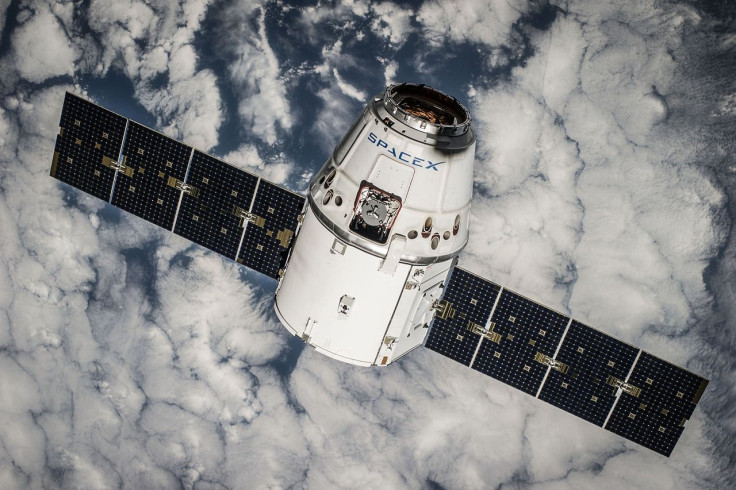Why SpaceX Will Dominate The Launch Business

From Moscow to Paris to Washington, SpaceX's ultra-cheap launch costs are the talk of the town(s).
In Russia, Roscosmos' head (and the country's deputy prime minister) complains that SpaceX's launch business is "stepping on our toes." Europe is flummoxed, too, warning that SpaceX's rocket prices are simply too cheap to beat. Meanwhile, in Washington, NASA and the Pentagon are both jumping at the chance to put satellites into orbit at prices as low as $62 million a pop.
And now, SpaceX prices are going even lower.
A watershed in space launch
When SpaceX landed its first rocket back on Earth in 2015 -- then went on to land multiple rockets on both sides of the country, and even at sea -- company COO Gwynne Shotwell made a bold prediction: Switching to reusable rockets would drive down SpaceX's cost of launch by 30%.
Such a promise, if fulfilled, would push down SpaceX prices from merely cheaper than anybody else's into bargain-outlet territory -- and now it seems SpaceX is delivering on its promise.
Just last week, NASA announced that it is awarding SpaceX the contract to launch its newest satellite, the Imaging X-Ray Polarimetry Explorer (IXPE), carrying a set of deep-space exploratory telescopes, aboard a Falcon 9 reusable rocket. The launch price: approximately $50.3 million, including the cost of the rocket, the launch, and other "mission-related costs."
This is a steal of a deal: $50.3 million is 19% less than the advertised launch cost of a not-yet-flight-proven Falcon 9. Not only that -- it's probably close to a 48% discount off the average cost of previous government missions launched on the Falcon 9.
The ups and downs of government contracts
How do we know this? Historically, while SpaceX has been able to price its Falcon 9 launches at $62 million and its Falcon Heavy at $90 million, this was the cost for commercial customers only. Government launches, burdened by piles of paperwork wrapped in the mountains of red tape needed to comply with federal regulations, have historically cost as much as 50% more than SpaceX's advertised "retail" prices -- or as high as $97 million for a Falcon 9.
This NASA launch is a government launch. And yet, it's selling for not $97 million, not $62 million, but just $50 million.
Commenting on the contract, Shotwell noted that "IXPE will serve as SpaceX's sixth contracted mission [for NASA], two of which were successfully launched in 2016 and 2018." Three more -- the SWOT, Sentinel-6A, and DART -- are awaiting launch.
If SpaceX can keep launching rockets as cheaply as it is right now, you can expect there will be a whole lot more launch contracts where those came from.
Known unknowns
There may still be quirks unknown in this story. According to NASA, IXPE will send only 292 kilograms -- just a fraction of Falcon 9's 22.8-ton capacity -- into low Earth orbit. NASA didn't clearly describe IXPE as a "dedicated mission" -- one carrying IXPE alone, and nothing else aboard. It's possible that, unless NASA objects, SpaceX will be able to fit a few other customers' satellites aboard for this launch, providing supplemental revenue to help defray the cost of launching NASA's satellite. Or NASA could be planning to include additional payloads of its own.
Then again, when NASA awarded SpaceX its DART (Double Asteroid Redirection Test) contract in April, that one was described as a dedicated mission, despite DART being only a bit larger than IXPE -- 500 kilograms. It's possible, therefore, that IXPE will also fly solo despite its bargain-basement price. (The DART launch, by the way, is priced at $69 million -- not quite as cheap as IXPE, but still 29% below SpaceX's ordinary cost for government launches.)
Any way you slice it, the end result appears to be huge savings for taxpayers, and a huge challenge for American rival United Launch Alliance, Europe's Arianespace, and Russia's Roscosmos. Whether they'll prove up to the challenge remains to be seen -- but for my money, I'm betting on SpaceX.
This article originally appeared in the Motley Fool. The Motley Fool has a disclosure policy.





















